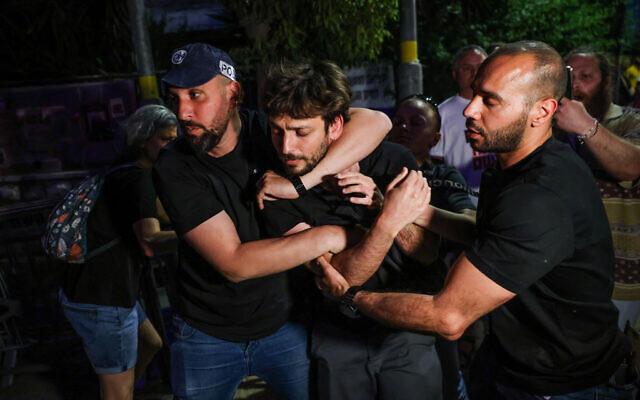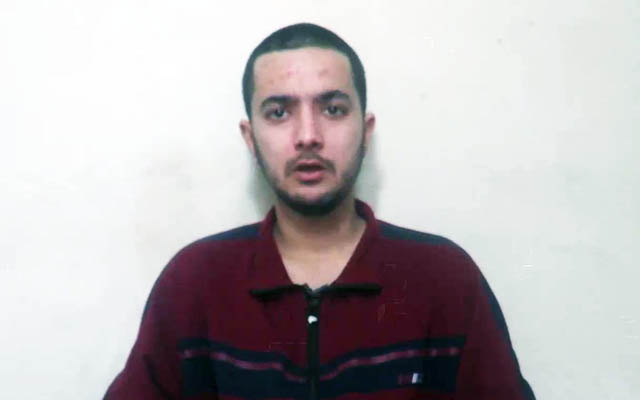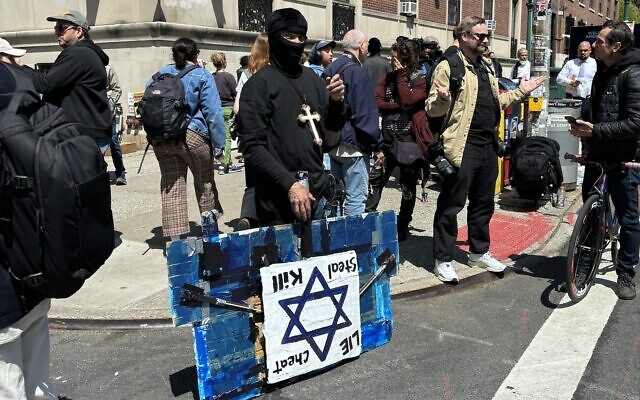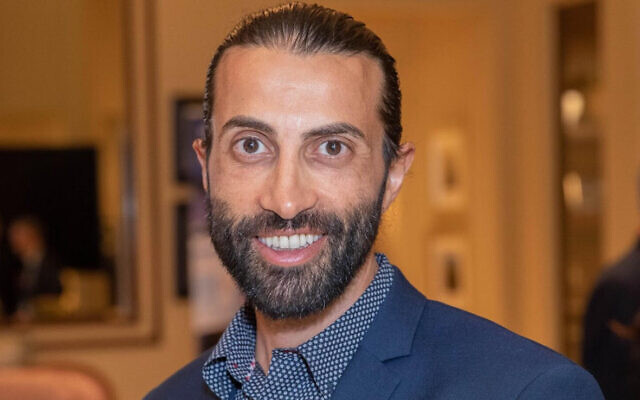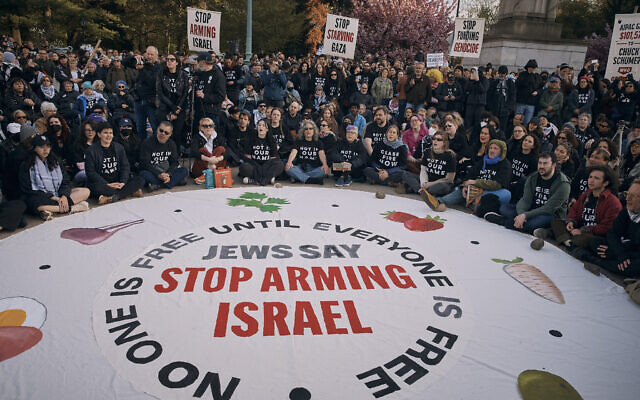Yaphet Kotto, Jewish actor who was first Black Bond villain, dies at 81
Star of ‘Live and Let Die’ who also featured in ‘Alien’ and played Idi Amin in movie about Israel’s Operation Entebbe, said Judaism was a guiding force in his life
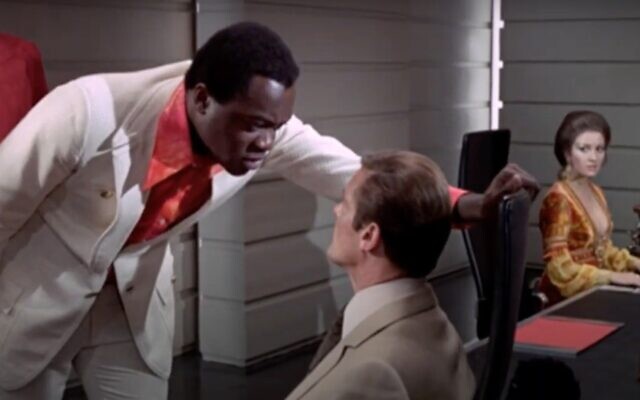
LOS ANGELES — US actor Yaphet Kotto, who rose to fame in the 1970s fighting James Bond in “Live and Let Die” and an extraterrestrial stowaway in “Alien,” has died, his agent told AFP. He was 81.
In a statement Monday on Facebook, his wife Sinahon Thessa described her late husband as a “legend.”
“You played a villain in some of your movies but for me you’re a real hero and to a lot of people also,” she said.
Agent Ryan Goldhar confirmed his passing in an email to AFP. He did not share the cause of death.
“I am still processing his passing, and I know he will be missed,” he said.
Kotto’s debut as a professional actor was in an all-Black stage performance of Shakespeare’s “Othello” in Harlem in 1960.
Kotto drew plaudits for roles as the first Black Bond villain — dictator Dr. Kananga — in 1973’s “Live and Let Die,” and an Emmy nomination for playing real-life Ugandan strongman Idi Amin in the TV movie “Raid on Entebbe,” about the IDF operation in 1976 to rescue dozens of Israelis on a plane hijacked by Palestinian terrorists.
He then took on a villainous xenomorph as ship engineer Dennis Parker in Ridley Scott’s claustrophobic sci-fi horror film “Alien” in 1979, and fought alongside Arnold Schwarzenegger in 1987’s dystopian thriller “Running Man.”
At the height of his fame, he turned down the role of Captain Picard in “Star Trek: The Next Generation” — a decision he later said he regretted.
Kotto’s later years saw him play Lieutenant Al Giardello in the gritty TV police procedural “Homicide: Life on the Street.”
He returned to the “Alien” franchise in 2014, voicing his character Parker in the survival horror video game “Alien: Isolation.”
Married three times and father to six children, Kotto claimed to be related to Queen Elizabeth II — naming his 1997 biography “The Royalty” as a tribute to his royal pedigree.
Kotto was born in New York in 1939 to a Cameroonian immigrant father and a US Army nurse.
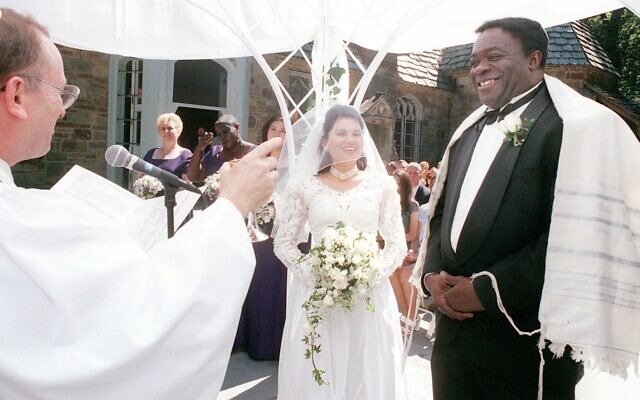
According to the ManishTana website, run by Orthodox rabbi Shais Rishon, Kotto’s father Avraham Kotto immigrated to the US in the 1920s as an observant Jew who could speak Hebrew. Kotto reportedly said in the past that his father’s ancestors were African Jews who originated in the area of modern Israel and migrated through Egypt to Cameroon. He also had said his mother, Gladys Marie, who was an officer in the army, converted to Judaism before marrying his father.
In a widely quoted interview, apparently with the Associated Press in 1994, Kotto described growing up in New York and the anti-Semitism he experienced as a religious Jew wearing a yarmulke headcover.
“It was rough coming up,” Kotto said. “And then going to shul, putting a yarmulke on, having to face people who were primarily Baptists in the Bronx meant that on Fridays, I was in some heavy fistfights.”
In a 2019 interview with the InsideHook website, Kotto talked about how Judaism was a guiding force in his life.
His father, who he said was a crown prince of Cameroon, “instilled Judaism in me.”
“I still open every book I read from the back page to the front,” he said referring to the direction of Hebrew writing from right to left.
“Everything the Jewish religion stands for, from an African’s point of view, he left those things in me,” Kotto said. “If it weren’t for him, I would have probably gone to hatred or violence or drugs or alcohol. I escaped all of those things because of Judaism.”
However, he said he would not pray since “the minute you ask for help, He puts it off. The minute you start begging, that’s where the problems start.”
Kotto said that in the past, when visiting a new city, he would always look for a synagogue “but the rabbis want to get to know you and so forth and so on, and they constantly want you to move to wherever you are. So now I don’t look for a synagogue when I go out of town.”
Had he not been an actor, Kotto speculated, he would probably have been a rabbi and stressed that it was his faith that brought him his success in life.
“I’ve always had that faith. I still have it,” he said and emphasized his belief in the afterworld, which “is very much like this world. You can’t tell which one is different, because they look the same, only one is brighter.”



